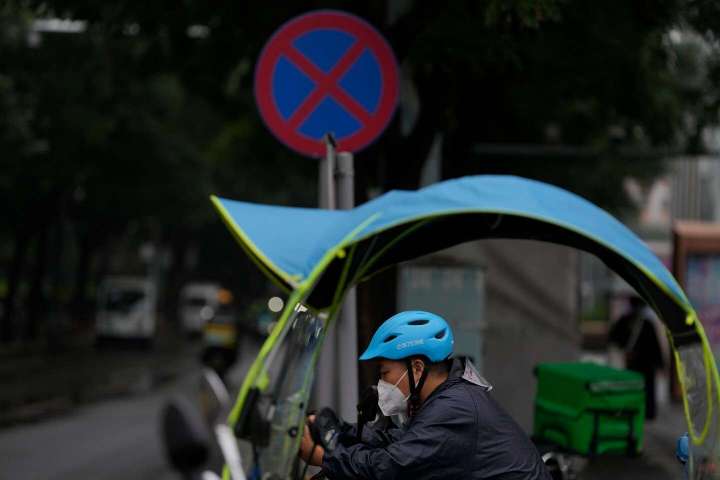Oil prices tumbled Monday after China’s central bank unexpectedly cut rates after data showed economic activity slowed broadly in July, including consumer spending and factory output, reigniting concerns of a global downturn.
China’s surprise rate cut, economic slowdown send oil prices plunging

The July data signaled that the post-lockdown recovery is fizzling amid an array of economic challenges, including the enduring threat of the coronavirus pandemic. Similar to the conflicting priorities that central bankers from other nations are facing, Chinese officials are eyeing rising debt and inflation. But a sputtering domestic economy appeared to take priority.
“The [People’s Bank of China] seems to have decided it now has a more pressing problem: the latest data show lacklustre economic momentum in July and a slowdown in credit growth, which has been less responsive to policy easing than during previous economic downturns,” said Julian Evans-Pritchard, an economist who covers China for the economic research firm Capital Economics
China’s move to stimulate the economy through monetary policy threw Wall Street into a sour mood. The Dow Jones industrial average shed 38 points or 0.4 percent to start the trading session. The broader S&P 500 index lost 16 points or 0.4 percent, while the tech-heavy Nasdaq dropped 34 points or 0.3 percent
The People’s Bank of China cut its medium-term lending rate to 2.75 percent, or 10 basis points, the first reduction since January. The move arrived as fresh data showed a slowing national economy, as policies designed to contain Covid-19 infections and a real estate crisis stalled growth.
“The momentum of economic recovery has slowed,” said government spokesman Fu Linghui, at a news conference, reported the Associated Press. “More efforts are needed to consolidate the foundation of economic recovery.”
For months some homebuyers in China have refused to pay the mortgage on properties they’ve bought but that developers have yet to finish building. The mortgage protests are tied to more than 100 delayed projects, leading to sinking home prices and frustrated home buyers. The boycotts have have raised concerns that the property market in China could collapse, undermining the country’s financial system and dealing a blow to the the global economy.
For more than a decade construction and real estate have helped fuel China’s astounding economic growth and bolstered an emerging middle class, underscoring the significance of the mortgage crisis and the damage an unravelling crisis could unleash.






